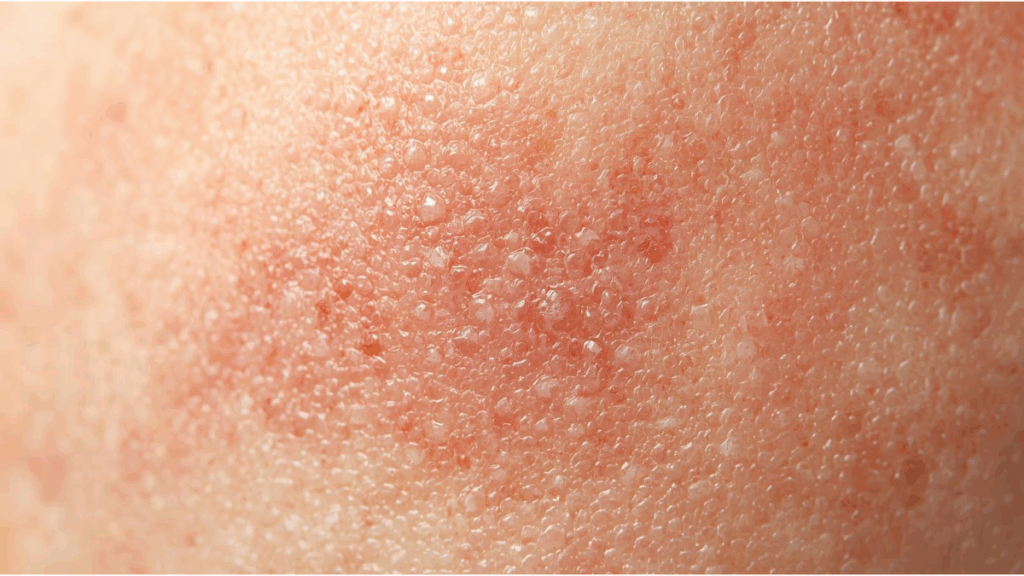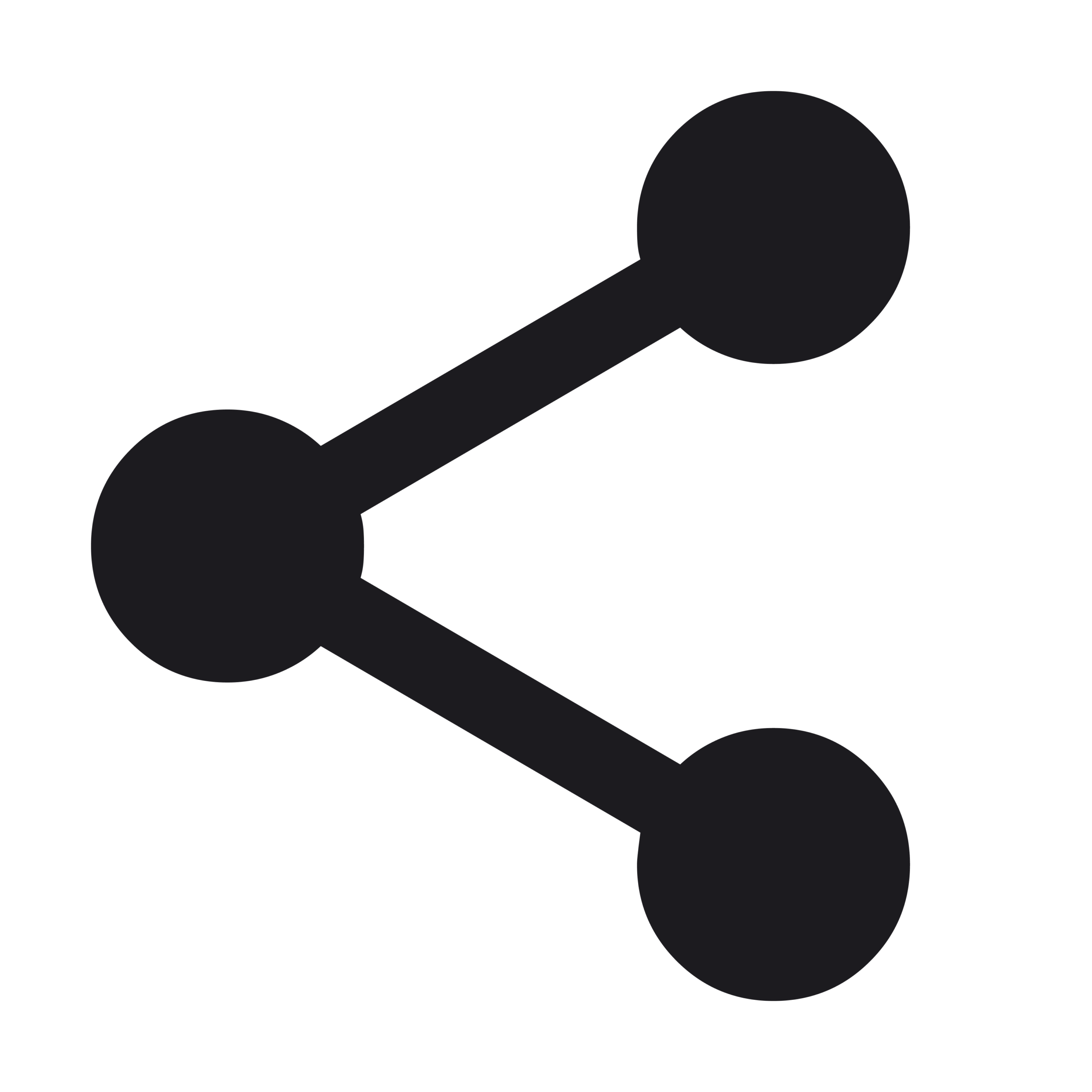What is Psoriasis?
Psoriasis is a chronic autoimmune skin disorder that causes rapid skin cell build-up, leading to thick, red, and often itchy patches or plaques on the skin. It affects people of all ages and is characterized by flare-ups and remissions.

Common Psoriasis Symptoms
Recognizing early psoriasis symptoms helps in timely intervention and better disease control. The major symptoms include:
- Raised, red patches of skin with silvery-white scales, often found on elbows, knees, scalp, trunk, palms, and soles.
- Itching, burning, or soreness near the affected areas.
- Dry, cracked skin that may bleed or peel.
- Nail abnormalities such as thickening, ridging, or discoloration.
- Swelling and pain in joints (if psoriatic arthritis develops).
- Symmetrical appearance of flaky patches and, in severe cases, widespread scaling and redness.
Causes and Risk Factors for Psoriasis
While the exact cause is still not fully understood, several genetic and environmental triggers play a role:
- Genetics: A family history of psoriasis increases susceptibility.
- Immune System Dysfunction: Psoriasis is driven by an overactive immune response targeting healthy skin cells.
- Environmental Triggers: Cold weather, skin injuries or sunburn, infections (like strep throat), and certain medications (beta-blockers, lithium) can trigger flare-ups.
- Lifestyle Factors: Stress, smoking, excess alcohol, and obesity can worsen symptoms or trigger new outbreaks.
- Hormonal Changes: Life stages like puberty, pregnancy, or menopause may influence flare patterns.
Types of Psoriasis Found in India
- Plaque Psoriasis (most common): Thick, scaly, red patches.
- Guttate Psoriasis: Small, drop-shaped lesions, often after infections.
- Inverse Psoriasis: Smooth, red patches in body folds.
- Pustular Psoriasis: Pus-filled blisters.
- Erythrodermic Psoriasis: Widespread redness and scaling – a medical emergency.
Diagnosis of Psoriasis in India
Diagnosis is largely clinical (visual examination), supported by medical history and, if needed, a skin biopsy. Some patients may need additional tests to evaluate for psoriatic arthritis or metabolic syndrome.
Psoriasis Treatment Options in India
Topical Therapies
- Corticosteroid creams and ointments: First-line for most patients.
- Salicylic acid: Helps remove scales and soften skin.
- Vitamin D analogs: Slow skin cell growth.
- Coal tar and emollients: Relieve itching and scaling.
Phototherapy (Light Therapy)
- UVB phototherapy: Medical exposure to ultraviolet B rays, effective for widespread or stubborn psoriasis but requires repeated hospital visits.
- Excimer lasers: Target localized plaques, often used in urban centers.
Systemic Medications
- Oral or injectable drugs: Methotrexate, cyclosporine, acitretin, and biologics for severe or treatment-resistant cases.
- Biologics: Modern, targeted injectable medicines for moderate to severe psoriasis (expensive, but increasingly available in metropolitan hospitals).
Holistic and Alternative Medicine
- Ayurveda: Panchakarma, turmeric, neem, and herbal formulations; widely used in India as part of integrative treatment.
- Diet and Lifestyle: Emphasis on anti-inflammatory foods, stress reduction, and weight management for better outcomes.
Home Care and Prevention
- Regular moisturizing, gentle skincare, and avoiding known triggers are crucial for managing symptoms.
- Warm Epsom salt baths, prescribed medicated shampoos for scalp psoriasis, and prompt care of injuries can help reduce flare frequency.
Different Types of Psoriasis
Different types of psoriasis can be identified based on the appearance, location, and symptoms of skin changes. Each type has distinct features that help with recognition and proper diagnosis.
Plaque Psoriasis
- Most common type (about 80-90% of cases).
- Characterized by raised, red patches covered with silvery-white scales.
- Commonly affects elbows, knees, scalp, and lower back.
- Patches are often itchy or sore and may vary in color depending on skin tone.
Guttate Psoriasis
- Appears as small, drop-shaped, red spots usually covered with fine scales.
- Most often found on the trunk, arms, or legs.
- More common in children and young adults and often follows infections such as strep throat.
Inverse Psoriasis
- Develops as smooth, red (not scaly) lesions in body folds (underarms, groin, under breasts).
- Lesions worsen with friction and sweating and often lack the typical scaling.
Pustular Psoriasis
- Characterized by white, pus-filled blisters (pustules) surrounded by red or inflamed skin.
- Can appear on specific areas like hands and feet or cover larger body parts.
Erythrodermic Psoriasis
- Rare but severe, marked by widespread redness and scaling of the skin across most of the body.
- Can cause severe itching or burning and may be life-threatening, requiring urgent care.
Nail Psoriasis
- Impacts fingernails and toenails.
- Symptoms include pitting, discoloration, thickening, and loosening of the nail from the nail bed.
Quick Reference Table
| Psoriasis Type | Main Features | Common Locations |
| Plaque | Red, raised, scaly patches | Elbows, knees, scalp, back |
| Guttate | Small, drop-like, red spots | Trunk, arms, legs |
| Inverse | Smooth, red, shiny lesions (no scale) | Folds: groin, armpits, under breasts |
| Pustular | White pustules on red base | Palms, soles, (can be widespread) |
| Erythrodermic | Widespread skin redness, scaling | Most of the body |
| Nail | Pitting, discoloration, thickening of nails | Fingernails/toenails |
Frequently Asked Questions about Psoriasis in India
1. Is there a cure for psoriasis?
There is currently no permanent cure, but long-term control is possible with the right treatment and lifestyle modifications.
2. Can Ayurveda help with psoriasis?
Many Indians use Ayurvedic therapies in conjunction with allopathic treatment for symptomatic relief and overall well-being.
3. When should a doctor be consulted for psoriasis?
Seek expert help if over-the-counter methods do not help or if there is joint pain, widespread rash, or emotional distress.
4. What are the first signs of psoriasis?
The first signs include red, itchy patches of skin with silvery scales, dryness, and sometimes nail changes like pitting or discoloration.
5. Is psoriasis contagious?
No. Psoriasis is an autoimmune disease and cannot spread from person to person through touch, sharing food, or close contact.
6. Which foods should be avoided in psoriasis?
Many doctors in India recommend reducing processed foods, red meat, alcohol, and high-sugar diets, while increasing anti-inflammatory foods like fruits, vegetables, and omega-3-rich foods.
7. Can stress trigger psoriasis flare-ups?
Yes. Stress is a well-known trigger and can worsen existing psoriasis. Stress management practices such as yoga, meditation, and adequate sleep are often recommended.
8. Does psoriasis affect only the skin?
No. Psoriasis can also affect nails and joints (psoriatic arthritis), and it is sometimes linked with conditions like diabetes, high blood pressure, and obesity.
9. Is psoriasis treatment expensive in India?
Costs vary depending on the severity and treatment type. Topical creams are affordable, but advanced biologics and laser therapies can be expensive and are mostly available in metropolitan cities.
10. Can psoriasis be completely managed with home remedies?
Home remedies like moisturizing, avoiding triggers, and using medicated shampoos can help, but they cannot replace medical treatment. Dermatologist supervision is always recommended.
Conclusion
For optimal management, early identification of psoriasis symptoms, understanding personalized risk factors, and a holistic approach—including medical, Ayurvedic, and lifestyle interventions—are essential in the Indian context. Always consult a dermatologist for tailored care.
Sources
- Psoriasis – Symptoms, Types, Causes, Prevention, and Treatment – Pace Hospital
- Psoriasis: Types, Symptoms, Causes & Treatment – Medanta
- Which Treatment Is Best For Psoriasis In India? – Kayakalp Global
- Psoriasis: Causes, Symptoms and Treatments – 1mg
- Psoriasis Signs and Symptoms – Dr. Batra’s
- Research on Psoriasis in India – PMC
- A clinico-epidemiological study of psoriasis patients – IJORD
- ICMR Standard Treatment Workflow (STW) Psoriasis
- Psoriasis Treatment in Mumbai – Dr. Rinky Kapoor
- Systemic Management of Psoriasis Patients in India – PMC
- Unconventional treatment options in psoriasis – IJDVL
- Psoriasis – Diagnosis and treatment – Mayo Clinic
- Psoriasis Symptoms, Prevention, and Treatment – Kokilaben Hospital
- Types of Psoriasis – Psoriasis.org
- Psoriasis – Symptoms and Causes – Mayo Clinic
- Psoriasis – Wikipedia
- Psoriasis Symptoms, Causes, & Risk Factors – NIAMS
- A brief summary of clinical types of psoriasis – PMC
- Types of Psoriasis – Mayo Clinic
- Psoriasis: Symptoms, Causes, Types & Treatment – Cleveland Clinic
- 8 Types of Psoriasis: Photos, Symptoms, and More – Healthline
- Types of psoriasis: Can you have more than one? – AAD
- Types of Psoriasis – psoriasisSPEAKS
Important Note
This blog is for educational purposes only. Psoriasis is a medical condition that varies in severity from person to person. Always consult a qualified dermatologist or healthcare professional before starting or changing any treatment, whether allopathic, Ayurvedic, or home remedies.
